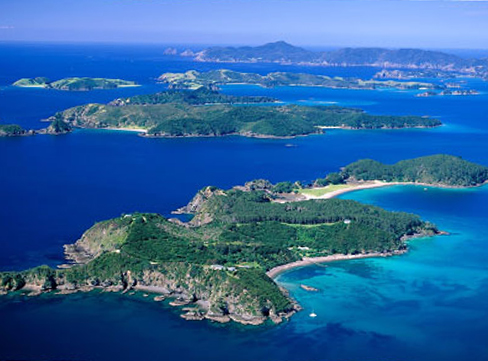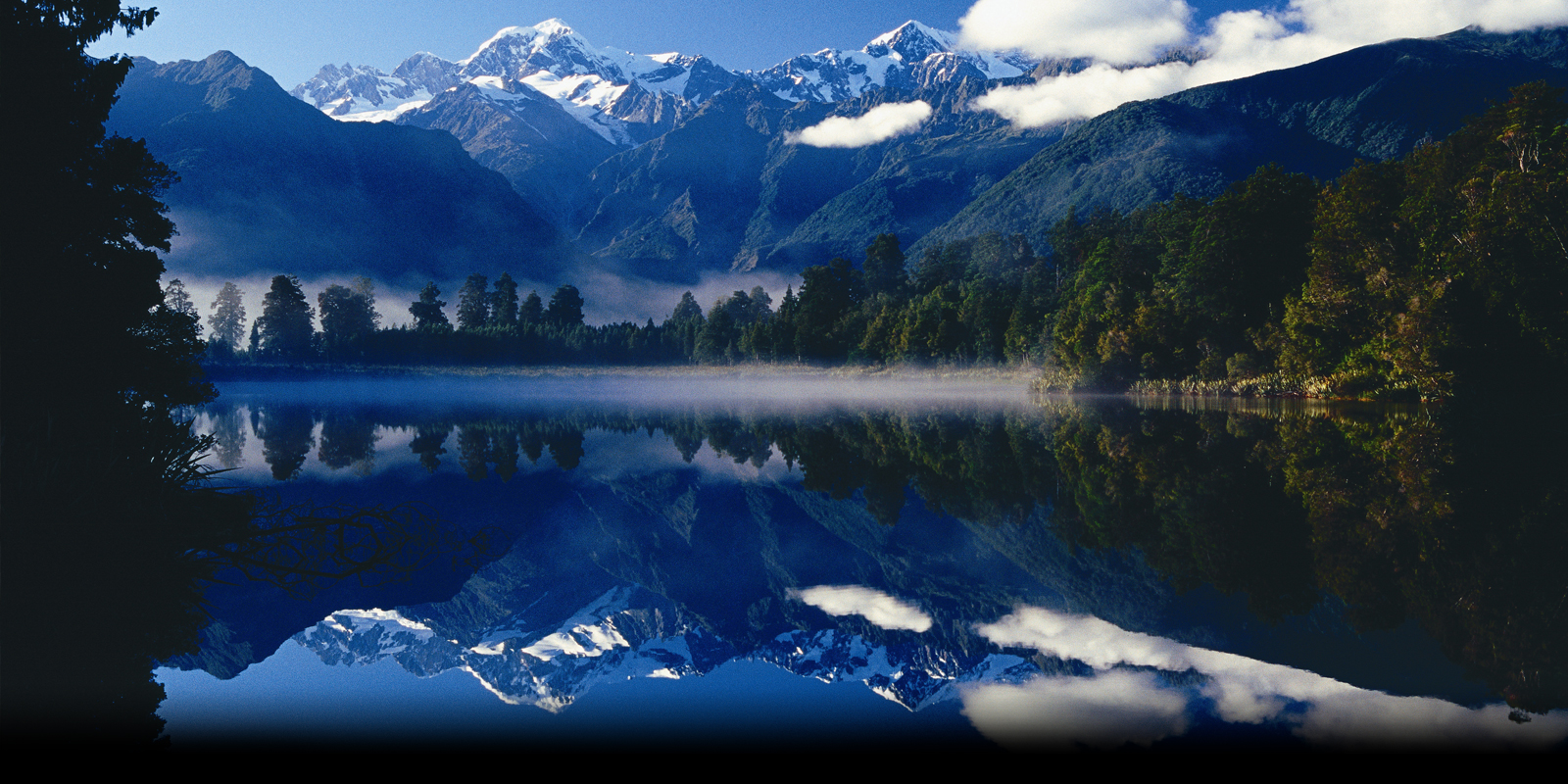Currency:
The New Zealand dollar, denoted by NZD or sometimes NZ$, is the official currency used in New Zealand. 1 USD is equivalent to approximately 1.40 NZD. The Kiwi (an informal term for the currency) is also officially used in the Cook Islands, Niue, Tokelau and the Pitcairn Islands. Each dollar can be subdivided into 100 cents.
Electricity:
New Zealand electricity runs at 230/240 volts (50 hertz). Many accommodation options also have 110 volt AC sockets for use with electric razors, etc.
Language:
English
Time Zone
New Zealand is divided into two time zones. The main islands maintain New Zealand Standard Time (NZST), which is 12 hours in advance of Coordinated Universal Time (UTC), while the Chatham Islands use Chatham Standard Time (CHAST), which is 12:45 in Advance of UTC. Tokelau is 11 hours behind UTC.
Country Information
Mountainous New Zealand is comprised of two large islands (separated by the Cook Strait), as well as Stewart Island, hundreds of coastal islands and many regional islands that hopscotch across the South Pacific Ocean. It also administers two overseas territories, Tokelau and Ross dependency (in Antarctica).
In addition, it handles the defense and foreign affairs of the self-governing Cook Islands and Niue. New Zealand is a constitutional monarchy with a parliamentary democracy. Britain’s Queen Elizabeth II is the head of state and is titled Queen of New Zealand. She is represented by the Governor-General, whom she appoints on the exclusive advice of the country’s elected Prime Minister.
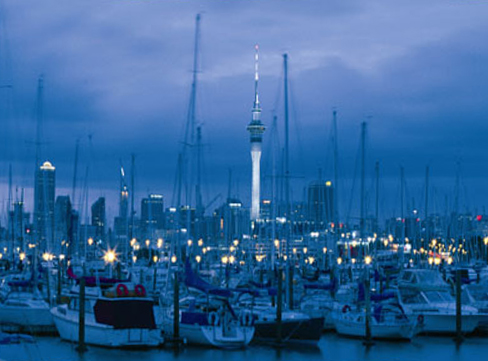
Wellington is the capital of New Zealand, situated at the southwestern tip of the North Island between Cook Strait and the Rimutaka Range. The Wellington Urban Area is the major population centre of the southern North Island and ranks as New Zealand’s third most populous urban area with 381,900 residents.
Auckland is New Zealand’s largest urban area with a population of just over a million people. Auckland is the centre of commerce and industry, is perhaps the most vibrant, bustling and multicultural city in New Zealand. Auckland is the biggest Polynesian city in the world, and this cultural influence is reflected in many different aspects of city life.
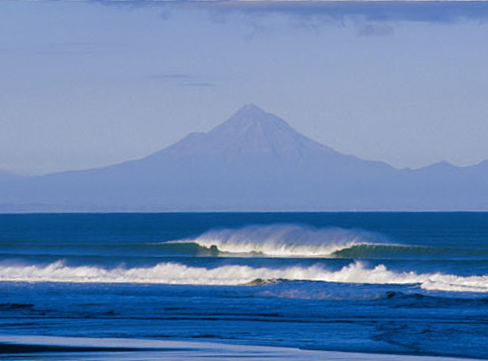
The city’s landscape is dominated by volcanic hills, the twin harbours, bays, beaches and islands. Its nickname ‘the city of sails’ is very apt. Auckland is a great city, it has more boats per capita than anywhere else in the world, and is the usual arrival and departure city for international flights.
As the film location for the Lord of the Rings trilogy, the jaw-dropping landscapes of these stunning islands have been seen by millions around the world. And in this land of fjords, over three-hundred-named glaciers, geysers, rain forests, toothy-edged mountains, volcanoes, endless miles of unspoiled beaches and welcoming cities and towns, it’s so patently obvious why tourism is the country’s largest growth industry.
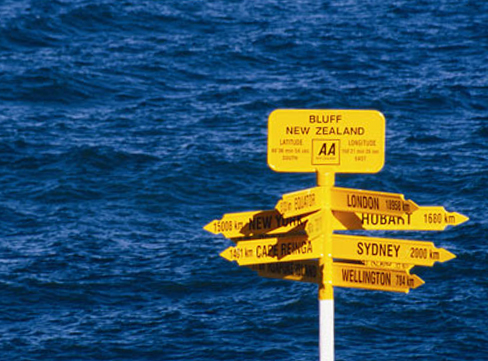
This dazzling and dramatic country is the birthplace of Sir Edmund Hillary, the first person to reach the summit of Mount Everest. Somehow, that accomplishment seems so very, very appropriate for a New Zealander.
For all non-residence, you must purchase a mandatory fishing license from New Zealand Fishing Game. The link below will take you directly to the New Zealand Fishing Game department where your fishing license can be purchased.
